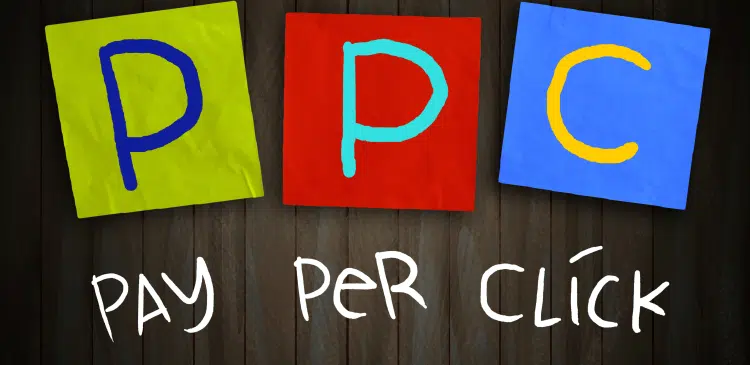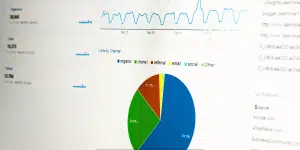What is The Best Conversion Tracking Method For PPC Campaigns?

PPC advertising is a standard method through which a business can promote its website and increase the number of visitors as well as sales. However, to accurately measure the ROI of PPC campaigns, proper conversion tracking must be in place. It enables you to tag conversions back to specific PPC ads and then work towards the right kind of conversions and not just clicks or impressions. Here, in this article, we will be discussing the most effective ways of tracking conversion in PPC campaigns.
URL Tracking Parameters
The first and most straightforward way of tracking conversions for PPC is by using URL tracking parameters, also known as UTM parameters. This is accomplished by adding a unique tracking code to the URL of the landing page in your PPC ad.
![]()
For example:
www. your website. com/landing-page?utm_source=google&utm_medium=ppc&utm_campaign=summer_sale
The URL parameters help you define the visitors as those coming from the particular PPC campaign once the visitors have clicked on the ad and landed on the landing page. This method allows you to track the number of visitors from campaigns that become leads or make a purchase. However, URL tracking has restrictions in identifying the conversions and does not allow detailed conversion analysis.
PPC Management Platforms
Many PPC management tools such as Google Ads and Microsoft Advertising come with built-in conversion tracking features. It is possible to include conversion tags or code in your website that will help in tracking what the visitors do once they click on your PPC ads.

Everyday events that are tracked include:
– Page visits
– Downloads
– Email signups
– Phone calls
– Purchases
Services like Google Ads enable you to configure the conversion actions and objectives so that you can monitor your conversion rate and the ROI of your campaigns, ad groups, keywords, and ads. This makes it easy to track and determine the PPC traffic sources that perform well in converting traffic. There is even multi-channel attribution, which will allow you to measure the effect of PPC ads to the customer journey.
CRM Integration
Connecting your PPC ads to your CRM system raises the bar for conversion optimization. Salesforce and other CRM solutions record all the customer interactions across channels, hence linking the PPC-driven sales leads to conversion. This exposes the actual cost-per-click of your PPC dollar while correlating clicks and conversions with specific contacts in your CRM. Some of these solutions also allow creating remarketing lists and custom audiences for PPC retargeting using CRM data and conversion data.
Google Analytics Goals
If you have implemented Google Analytics to track your website then Goals can be used to track and analyze paid search, and other conversion sources. Goals enable you to set up conversion activities on the website, such as lead generation, downloads, sales, etc. Once the goal is initiated, Google Analytics will monitor these events and correlate them with the source traffic including PPC campaigns. Goal: You can view the conversion rate, the average value of the Goal, and much more per source medium or campaign.
Google Ads Auto-Tagging
A disadvantage of using website conversion tracking is that it involves the use of tags or parameters in your landing pages. However, Google Ads has an Auto-Tagging feature that adds unique URL tags to your destination URLs every time your ads are delivered. This is time-saving while offering better conversion data right within the Google Ads platform. For more insights and detailed statistics, you can select conversion metrics on ad, keyword or campaign level to maximize for conversions.
Call Tracking Numbers
For PPC campaigns with the end goal of generating phone calls, there is no better way of associating clicks with conversions than using call tracking numbers. A specific number is given to each PPC ad or campaign, and any time a call is made, it is redirected to your business number. Analytics include details like calls made and received, call length, geographical location, and recording content for qualitative analysis. This method establishes that a phone call was directly caused by an individual PPC ad without having to trace through the website.
Conclusion
It is essential to follow a good conversion tracking plan to measure the success of PPC campaigns. While URL tracking gives straightforward conversion statistics, platform tracking, CRM integration, and Google Analytics goals offer more comprehensive views on customer behavior and ROI across devices and channels. The best practice is to apply all these measures to correctly measure PPC conversion rates and fine-tune for your marketing goals.


 Bill Yeager, Co-Owner of High Point SEO & Marketing in CT
Bill Yeager, Co-Owner of High Point SEO & Marketing in CT